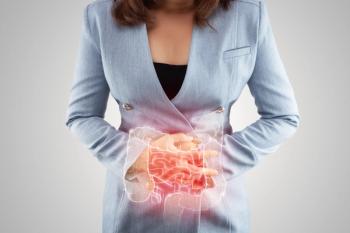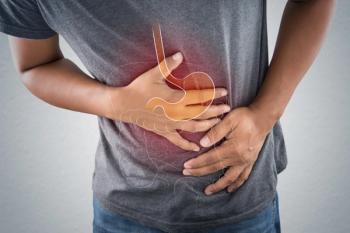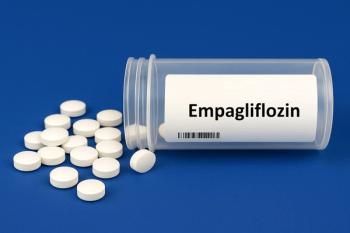
How Gut Microbiota Affects Major Depressive Disorder and Treatments
An altered composition of the gut microbiota might play a role in major depressive disorder and affect treatment response.
Recent findings suggest an altered composition of the gut microbiota might play a role in major depressive disorder (MDD) — and affect patients’ response to antidepressants.
“Several studies reported gut dysbiosis in patients with MDD, while other studies suggested that probiotics might have antidepressant-like effect. Moreover, antidepressants have been reported to have antimicrobial properties,” said lead study author Mirko Manchia, MD, PhD, assistant professor with the University of Cagliari in Cagliari, Italy. The study data were reported in an abstract presentation at the virtual 33rd European College of Neuropsychopharmacology (ECNP) Congress.
“However, little is known about the correlation between gut microbiota composition and response to antidepressants,” Manchia said.
Investigators in Italy and Canada set out to explore potential differences in the composition of the gut microbiota between patients with MDD and healthy controls. In a study, they analyzed 2 groups of MDD patients characterized as treatment-resistant (TR) or responders (R) to antidepressants.
They collected stool samples from 34 patients with MDD, including 9 treatment-resistant individuals and 25 responders, and also tested 20 nonpsychiatric controls (HC). In addition to numerous MDD and gut microbiota tests, the investigators collected information on the patients’ diet, lifestyle, and smoking habits.
Certain gut microbiota, including phyla Proteobacteria, Tenericutes, and the family Peptostreptococcaceae, were more abundant in treatment-resistant patients, whereas the phylum Actinobacteria was enriched in responder patients. Moreover, a number of bacteria only characterized the microbiota of treatment-resistant patients and many others were only detected in respondents.
"The results of our study confirm that gut dysbiosis is a hallmark of MDD, and suggests that the gut microbiota of patients with TR MDD significantly differs from responders to antidepressants,” the researchers said. “This finding further supports the relevance of an altered composition of the gut microbiota in the etiopathogenesis of MDD and suggests a role in response to antidepressants.”
Reference
Manchia M, Fontana A, et al. Analysis of gut microbiota composition in patients with major depressive disorder characterized as treatment resistant or responders to antidepressants. Presented at 33rd European College of Neuropsychopharmacology (ECNP) Congress. September 14, 2020. Accessed October 15, 2020.
Newsletter
Pharmacy practice is always changing. Stay ahead of the curve with the Drug Topics newsletter and get the latest drug information, industry trends, and patient care tips.























